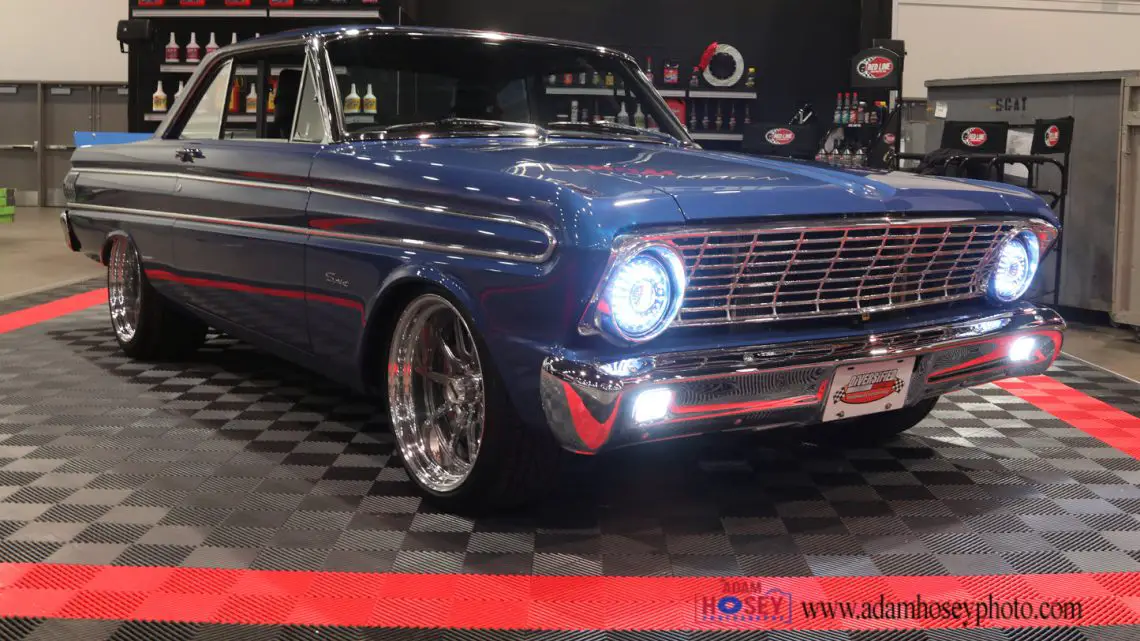
Classic cars are being rebuilt as hydrogen-powered vehicles
November 14, 2022A Ford Falcon Freebird has become the latest in a small but growing trend of H2 rebuilds.
Arrington Performance has rebuilt a 1964 Ford Falcon Sprint coupe to be powered by H2 in a trend converting classic cars into hydrogen-powered vehicles.
The trend remains quite small at the moment but a rising number of older H2 cars are popping up.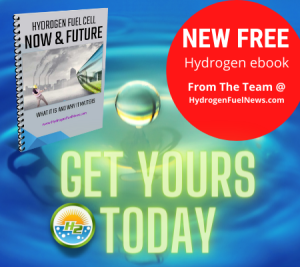
In this new addition to hydrogen-powered vehicles, the team at Arrington Performance used a Ford Mustang’s 5.0-liter Ford V8 and modified it to run on H2 instead of gasoline. In this way, the vehicle is able to maintain its classic style with the addition of H2 storage, and dramatically reduced greenhouse gas emissions.
This isn’t the first time the company has converted a classic car into a vehicle running on H2. The first one it converted was a 1948 Chevrolet pickup, which it rebuilt with a 6.2-liter GM V8.
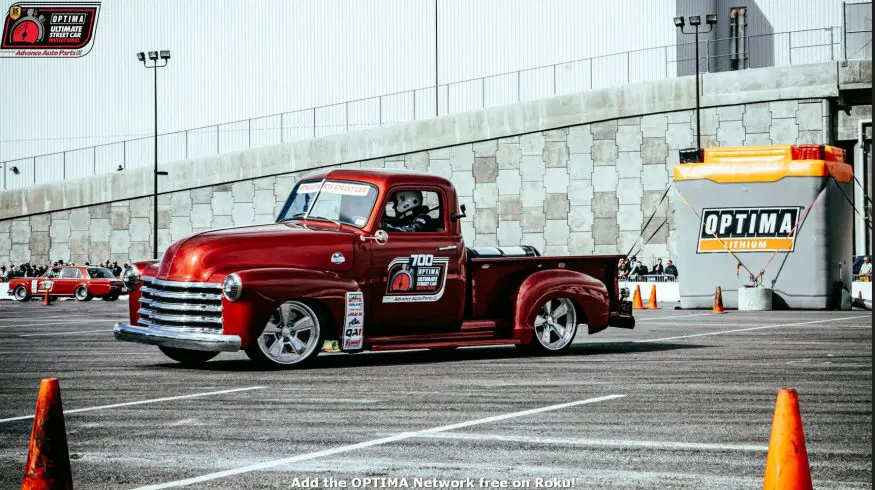
In both cases, these cars have not been equipped with fuel cells, as is the case with the H2 cars currently on the market, such as the Toyota Mirai and the Hyundai Nexus. Instead, the remodeled classics use hydrogen combustion. In this way, the cars will burn H2 instead of gasoline, and don’t produce any carbon dioxide as a result of their operation. That said, without appropriate steps, the process will still produce nitrogen oxides, another greenhouse gas.
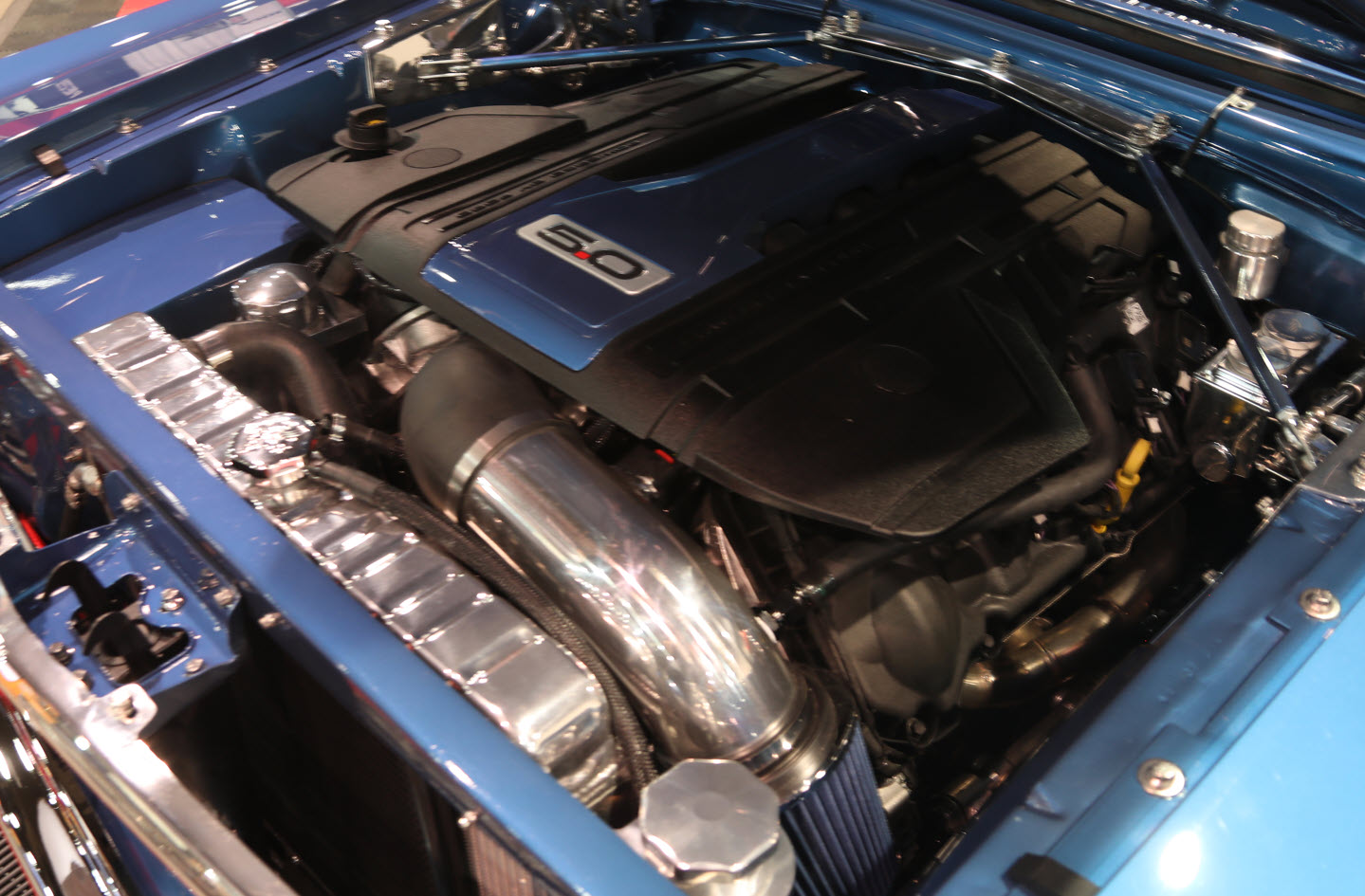
Creating these hydrogen-powered vehicles isn’t just a matter of swapping fuel tanks.
Converting a car’s internal combustion engine (ICE) to run on H2 instead of gasoline isn’t just a matter of swapping out the fuel tanks. Additional changes are also needed. The Ford V8 functions with direct and port fuel injectors. The port fuel injector purpose now adds small quantities of water in order to keep combustion temperatures under control.
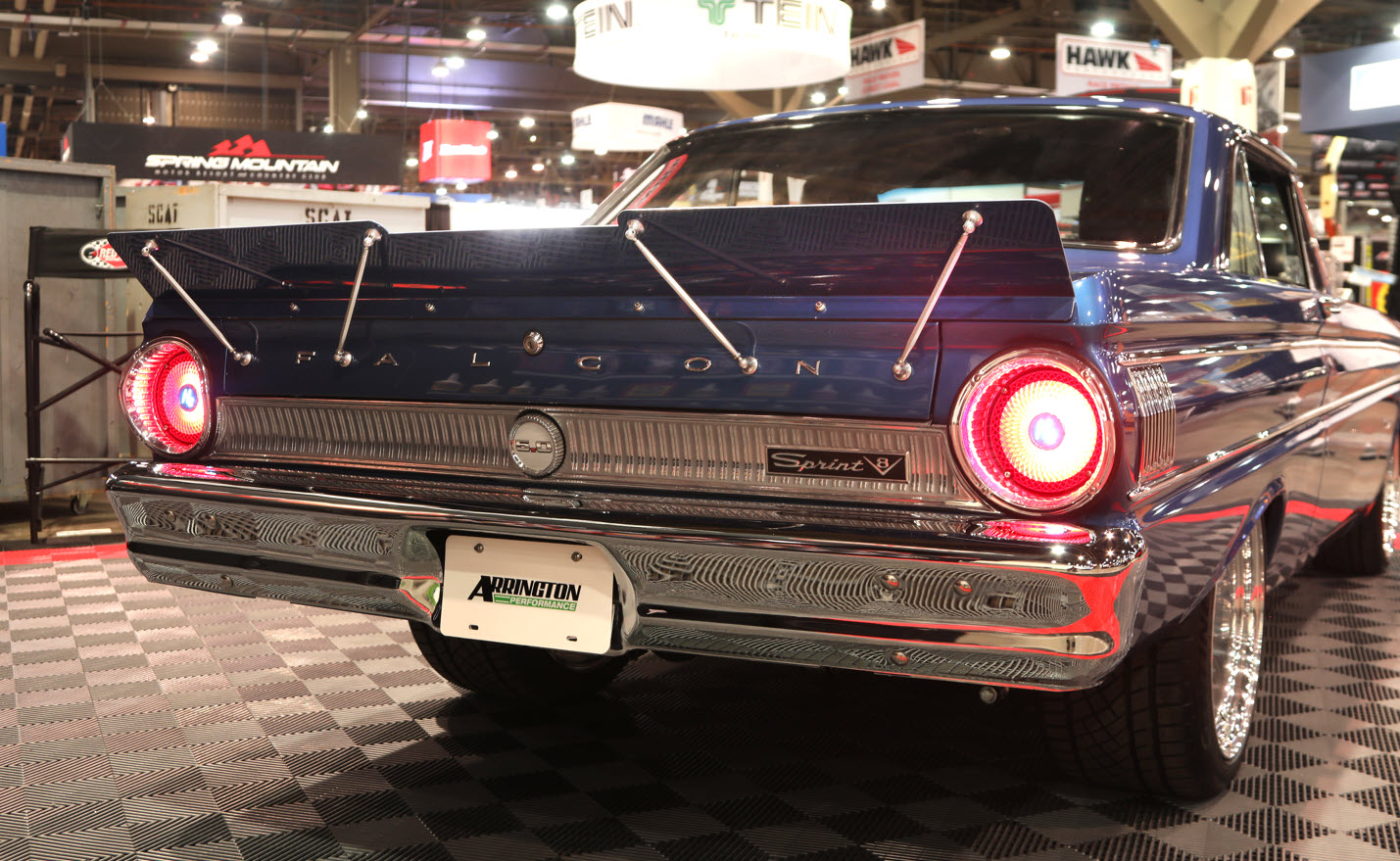
“Just like any industry, to make change, you must approach the issue from more than one direction,” said Mike Copeland, CEO at Arlington Performance. “I love performance vehicles and I happen to be an expert with internal combustion engines. It only made sense to delve further into hydrogen as a direct fuel source and enable the conversion from gas as a zero emissions option.”
Here’s a video from Mike Copeland with his thoughts about how to ICE alive with alternative fuels
Though the specifications for the rebuilt classic hydrogen powered vehicles haven’t been released, Arrington Performance has said that the H2 ICE in the Freebird should improve the car’s power by about 10 percent when compared to using gasoline (rated at 460hp). The 5.3-kg H2 tank gives it a driving range of 4 to 5 hours between refills.
Hydrogen Cars Poll – Would you drive one if there were more stations? We want to hear from you – Vote Below⤵️[forminator_poll id=”55717″]



 With over 15 years of reporting hydrogen news, we are your premier source for the latest updates and insights in hydrogen and renewable energy.
With over 15 years of reporting hydrogen news, we are your premier source for the latest updates and insights in hydrogen and renewable energy.
This is what we’ve all been waiting for!
Rather than manufacture millions of cnew Electric Li-On or H2FC cars, converting existing fleets to H2 & Fuel Cells.
THIS endeavour, however, will probably run into a number of problems, not least the fact that H2 embrittles metal, over time, and so Carbon Fibre tanks and non-metallic conduits would be needed.
What’s more, fire prevention is a key concern, as H2 can be ignited by just a static spark, and leaks are undetectable, being and inodorous gas that burns with an invisible flame.
Still… with some R&D to obviate these issues, this is a step in the right direction!
HURRAH!
Actual every negative you listed has been solved.
Cummins has already redesigned their 15-liter and 6.7-liter engines to run hydrogen.
Another major parts supplier is working on retrofit kits using those engines.
Toyota, Porsche and Yamaha are building hydrogen engines.
It becomes plausible when nuclear generated hydrogen is shown to be practical.
Yep, and 45 years ago the state of California had some state cars running around with combustion engines running on hydrogen, back when state cars were always painted grey…nothing new. And was not made in china.
The cheapest way to make clean hydrogen is using renewables, about half the cost of nukes.
That is why hundreds of $millions are being spent building green hydrogen production facilities.
Only a few projects are using nukes.
I want to be part of the retrofit team. I already have a 5 L Falcon and do design engineering for an aftermarket Automotive company. Solve for the hydrogen can also just be sensors that pick up leak detection and then have a safety system on board the vehicle to curb any mishaps that may occur
what about that power paste? looking forward to using that power paste on my electric powered ultralight or future motorcycle, pop in a cartridge and give the gas station the old cartridge for refilling at the station. Main concern is how costly will this paste be to produce, that’s the clincher, still researching to see the realities!
This is good, why globally are they not looking at conversion kits for ICE cars we cannot scrap over a billion vehicles and call this green. Hydrogen is the obvious solution but we are being driven down the rabbit hole by the big conglomerates again, car manufacturers will gladly sell new cars. We had kits for CNG and LPG, time to change this mad drive to totally change all vehicles to electric. I wish I could find the correct forum to get this message out to the masses, the big majors once more will control the change not for the good but for profit.
You are absolutely correct in what you said electric is not the way to go
I like your thinking Brian.
What is the point of retrofitting classic cars. Can’t drive them at least in Washington State because the accident rate is so high here that classic car owners are afraid to drive their classics. Also quite a few classic car oriented businesses closed down in recent years. Also is it possible to maintain the original engine design. The approach of putting in as modern engine in the likes of a 1948 Chevrolet pickup makes it a phoney in my opinion. Can’t really understand what a 1948 car is really like unless it has a 1948 style engine.
Hello; Any internal combustion engine (ICE) will run on hydrogen.
I want a conversion kit made so i can redo the car i have…
I have a diesel truck and would love to even just add hydrogen to get better fuel economy and less emissions
Cummins has already redesigned their 15-liter and 6.7-liter engines to run hydrogen.
Another major parts supplier is working on retrofit kits using those engines.